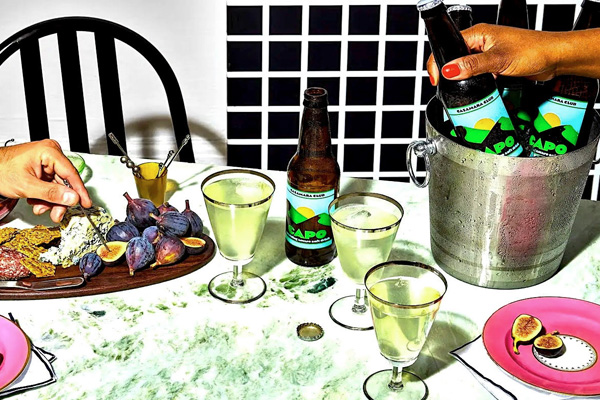BEWARE THE FANCY COCKTAILS –
JULY 16, 2021 – There are a few biological pathways that lead from alcohol consumption to a cancer diagnosis, according to the study. Ethanol, the form of alcohol present in beer, wine and liquor, breaks down to form a known carcinogen called acetaldehyde, which damages DNA and interferes with cells’ ability to repair the damage.
Alcohol can also increase levels of hormones, including estrogen. Hormones signal cells to grow and divide. With more cell division, there are more opportunities for cancer to develop. Alcohol also reduces the body’s ability to absorb certain cancer-protective nutrients, including vitamins A, C, D, E and folate.
What’s more, the combination of drinking and smoking might indirectly increase the risk of cancer, with alcohol acting as a kind of solvent for the carcinogenic chemicals in tobacco.
The more a person drinks, the greater the likelihood of biological damage.
To come up with their statistical estimate, researchers crunched three sets of data: estimated global alcohol consumption estimates, specific cancer risks from alcohol, and estimates of the global incidence of those cancers in 2020.
They found that the more alcohol people drink, the higher their risk of an alcohol-related cancer. Drinking at least two and as many as more than six drinks a day, defined as risky to heavy drinking, posed the greatest risk of a future cancer. Even moderate drinking, two or fewer drinks a day, accounted for an estimated 14%, or 103,000 cases, of alcohol-related cancers, according to the study.



